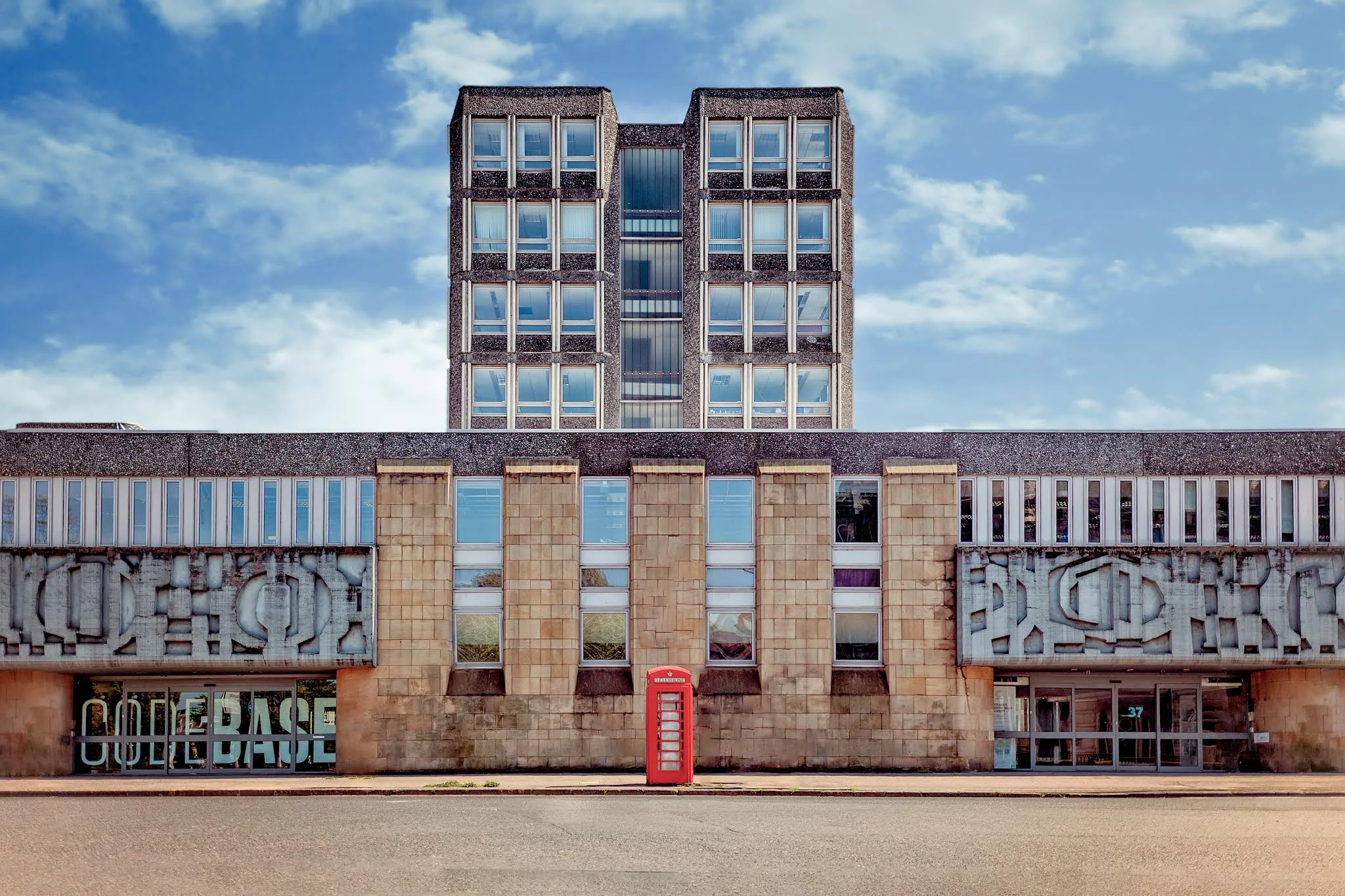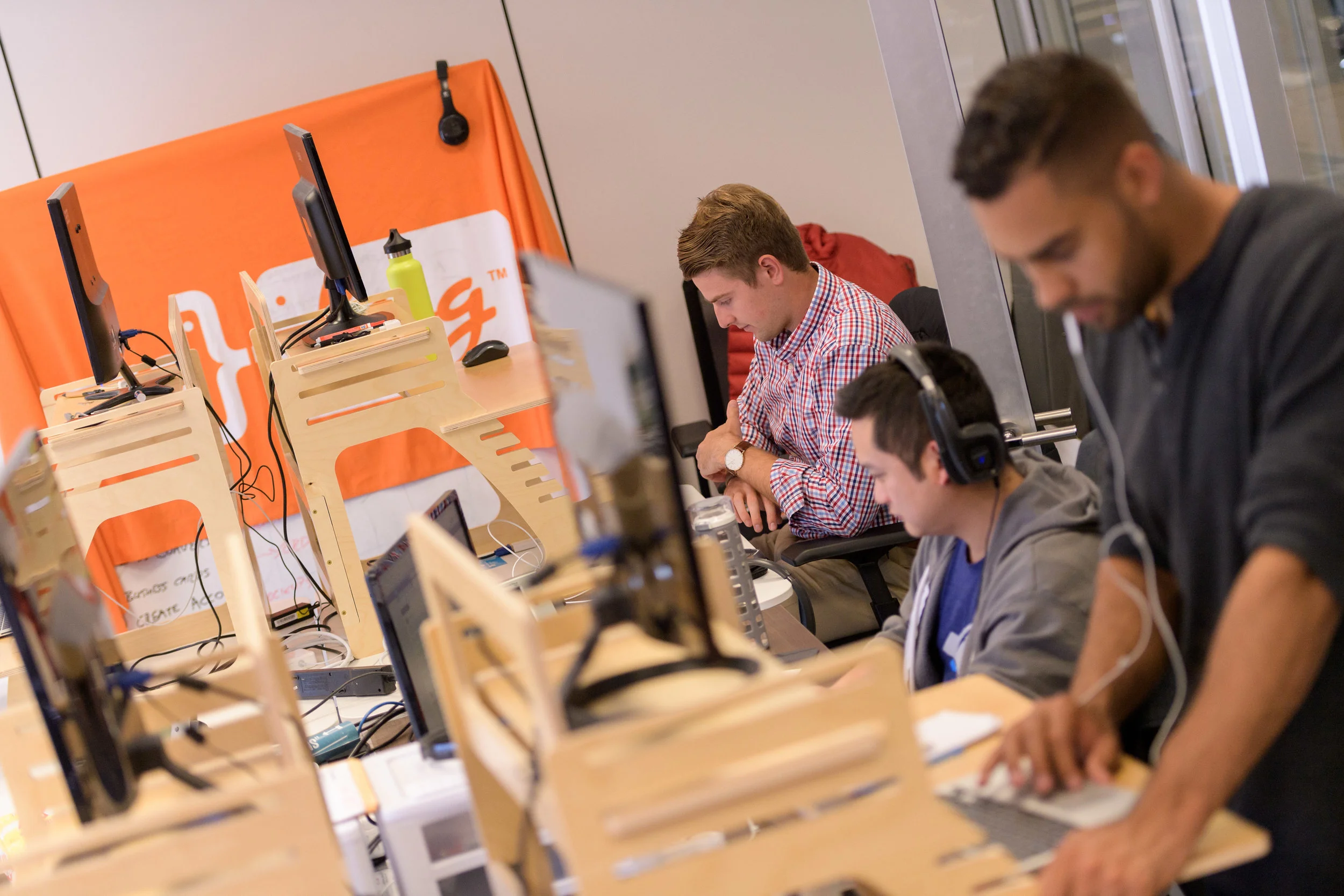The rise of the Chief Storyteller, by Nick Freer
/I remember the first time I met someone who had the title ‘Chief Storyteller’ on their business card. I was a bit cynical and imagined a senior executive sitting around on cushions in the corner of the boardroom reading books to some of the company’s younger employees.
It was a couple of years’ later when I was at a talk by Steve Clayton, Microsoft’s own Chief Storyteller, that I started to get a feel for how the function fitted into the the corporate communications structure and the overall hierarchy of an organisation.
Building a narrative for your brand is essential. It helps drive sales in the good times when the graphs are heading north and is also there to back up your brand when the chips are down. More so in the States, but increasingly in the UK, Chief Storytellers are on the payroll and are front and centre of developing a company’s story and guiding its dissemination inside and outside of the business.
Best practice says the CEO should be integral to the development of the company’s narrative, along with the CMO and relevant retained advisers. Arguably, the PR team is the most important cog in the wheel; it is the company’s gatekeeper and the filter for what comes in and what goes out.
I’ve always thought PR should be something that is done on the front foot, in tandem with having a well-oiled reactive system in place, and that strategy should drive communication. Abraham Lincoln said “character is the tree, reputation is the shadow” and too many companies still spend more time manipulating the shadow than tending to the tree.
Duncan Logan, CEO and founder of RocketSpace in San Francisco, told me on one of his last visits to Scotland that good PR can make the difference between success and failure for a company and that it should be embedded in a startup from the early days. Logan is well qualified on the subject when you consider that Airbnb and Uber are two of the technology companies that went from fledgling to global at RocketSpace.
We have had the chance to work with an exciting bunch of early stage companies in recent times. Some founders have a strong vision of the company’s brand and how they want the story to be told, others seem to be more in the "make it up as we go along" camp, many more still are somewhere in between.
PlayerData, a sports wearable tech startup founded by two computer sciences graduates from the University of Edinburgh and backed by an impressive collective of investors including former Tesco chief Sir Terry Leahy and now chaired by Blackcircles.com founder Mike Welch, is a great startup story in the making. CEO Roy Hotrabhvanon is an international archer who has represented Thailand and only narrowly missed out on the Rio Olympics in 2016. Roy mastered the bow and arrow while studying computer sciences at the University of Edinburgh's School of Informatics, developing an early version of wearable tech to monitor and enhance his performance. By targeting (excuse the pun) the global wearables market, the PlayerData team could be on to a winner with the sector expected to grow to over £15 billion by 2021.
At a Heriots rugby lunch in December hosted by LendingCrowd, Scotland’s only alternative finance provider to SMEs, I had the pleasure of meeting a Scottish tech founder whose company flies somewhat under the radar in terms of media profile while achieving notable success in spite of it. Cortex CEO and founder Peter Proud has just completed a buy-out from advertising giant WPP and, when it comes to good stories, Peter and Cortex’s back catalogue is something of an embarrassment of riches.
Peter worked for Microsoft for over a decade and there is a story about Bill Gates putting Peter on his private jet so he would not miss one of his children’s birthdays. Another good one saw Cortex being brought in to stop the Seattle Seahawks' website crashing due to an unprecedented amount of visitors to the site around the 2014 Super Bowl. I get the feeling we’ll be hearing a lot more about Peter and Cortex’s story in 2018.


















